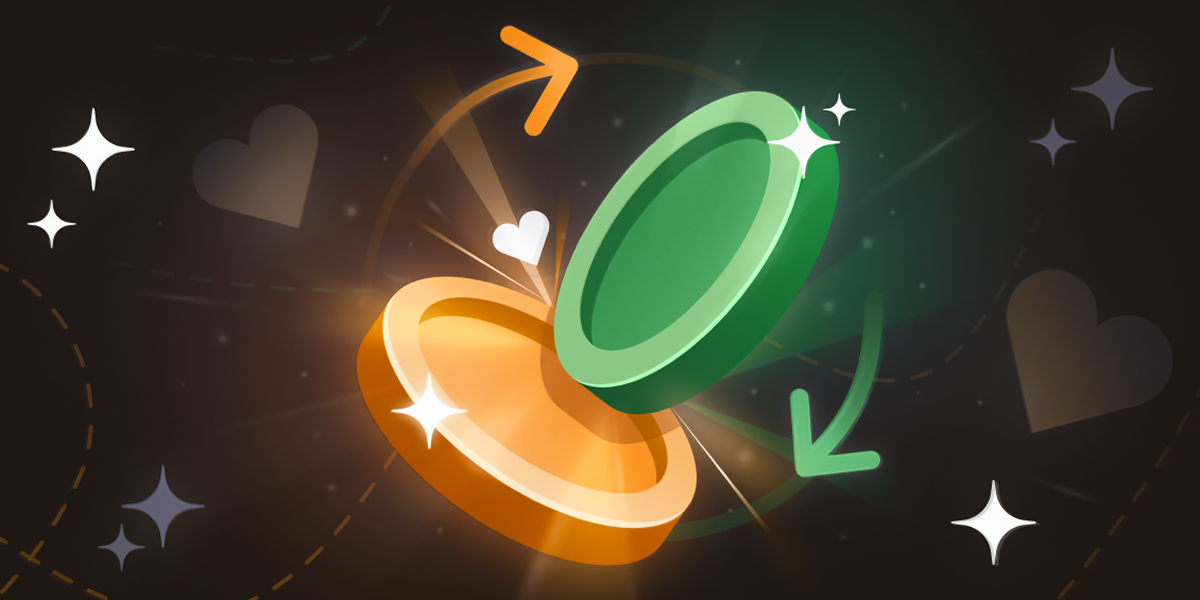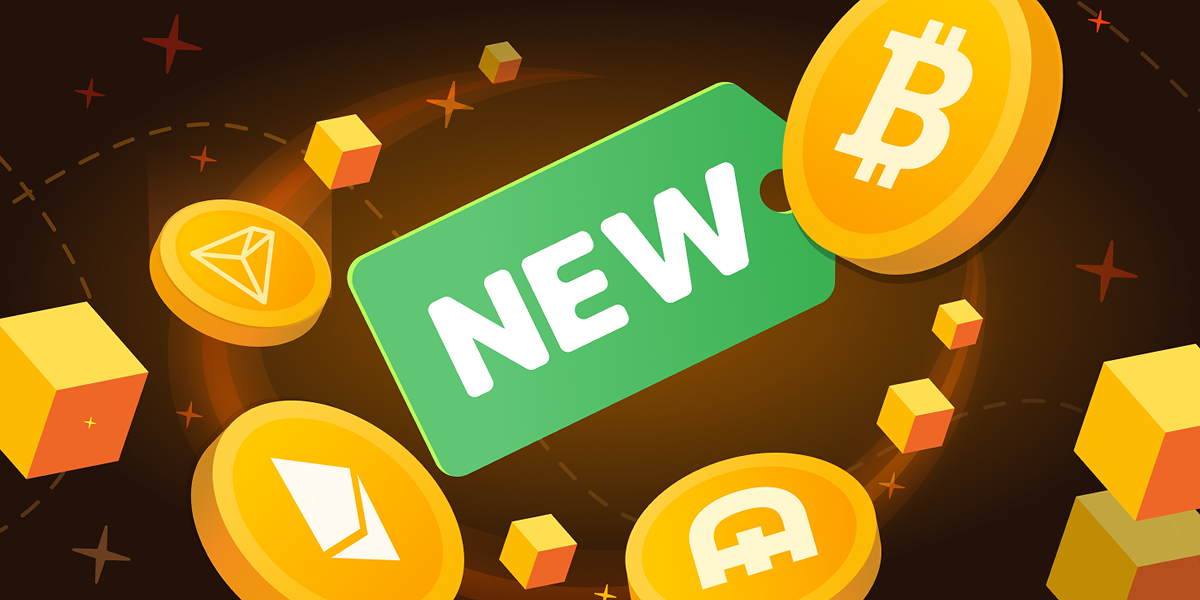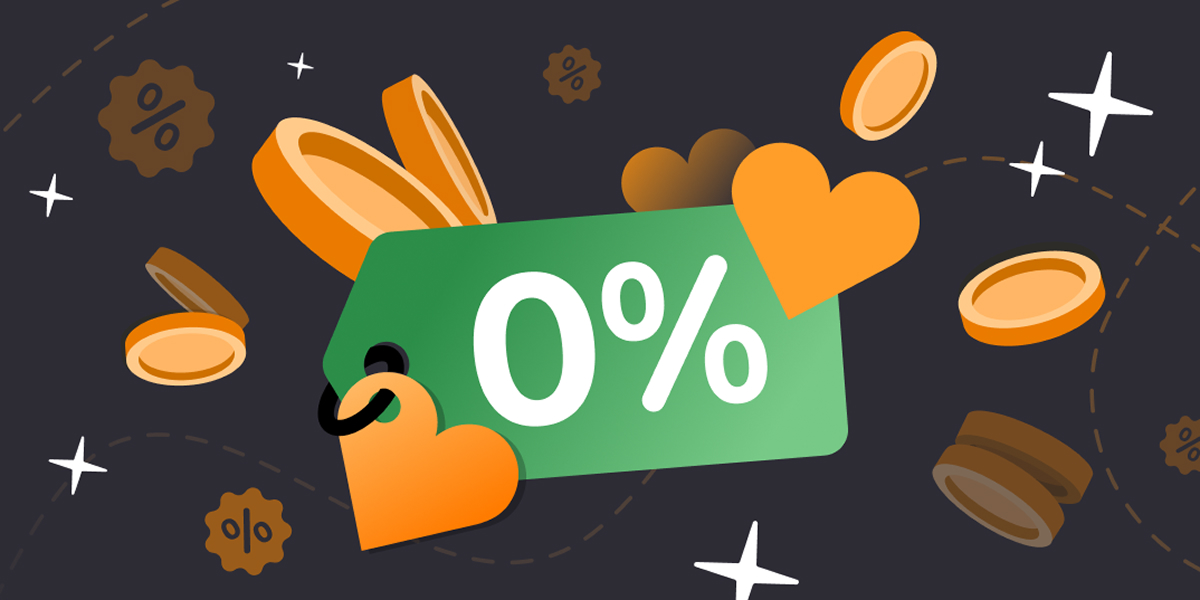NC Wallet News
View all4 Questions You Want to Ask
What is Blockchain and How Does it Work?

Blockchain is the technology that lies at the heart of the crypto universe. Exactly thanks to it, you can receive and send cryptocurrencies to any place in the world. The time has come to understand how it works.
Blockchain is literally “a chain of information blocks linked together”. In simple words, it is a big digital database, where records are constantly added by certain rules. Blocks may contain any data but if we talk about cryptocurrencies, they keep information about transactions.
Let's take a closer look at blocks, how they work, and linked with each other.
What is in a block?
Blocks are organised in chronological order and each block records:
-
The time when the block was created
-
Details on transactions: sum, sender address, receiver address, etc
-
Unique identifier of this block that is called a hash or hash sum
-
Unique identifier of the previous block (hash of the previous block)

Hash is a unique identifier created based on the information inside the block. If anything changes in the block, its hash sum also will be changed automatically.
Why does each block keep information about the previous block?
To prevent any attempts to change information about transactions in the existing blocks. Once a block is added to the chain, it cannot be altered. If you modify at least one letter in the already recorded transaction, it will cause changes in the hash of this block. But the hash of this block is already written in the next block. So the next block also has to be modified. So one corrected letter will cause an avalanche of changes throughout the chain. But blockchain will reject them because they contradict its main rule — recorded blocks must not be modified.
This connection between the blocks gives you confidence that your crypto funds are protected because no one can edit information in confirmed transactions.
How new blocks are added?
There are different mechanisms used to check transactions and add new blocks. Depending on the type of blockchain, blocks are created and verified either by miners or validators. If a sufficient number of miners or validators approve a new block, it is added to the chain. This approval algorithm is called a consensus. The most popular consensus mechanisms are Proof of Work (PoW), Proof of Stake (PoS), and Proof of History (PoH). Whichever method is used, it ensures reliable work and protection of the blockchain.
Who rules blockchain?
Spoiler: no one and everyone. One of the main concepts of blockchain is decentralisation. No company or person has the power to delete or change any record in existing blocks. It is an open and self-regulating system. Anyone can participate. Unlike centralised systems, blockchain works without holidays and doesn’t depend on the financial structure of a certain country. It means that you can receive or send money to anyone anywhere in the world at any time.
Blockchain is decentralised, transparent, secure and difficult-to-hack technology. It is a great solution not only for crypto payments. It can be also used in logistics, healthcare, entertainment, and in many other areas. With more knowledge now, you are ready to dive into blockchain technology with more confidence.
Become the guide to the crypto world to others — share this article with your friends.

Recently Added

Exchange crypto without fees

4 more coins on Binance network


 en
en de
de
 fr
fr
 es
es
 it
it
 ru
ru
 pt
pt